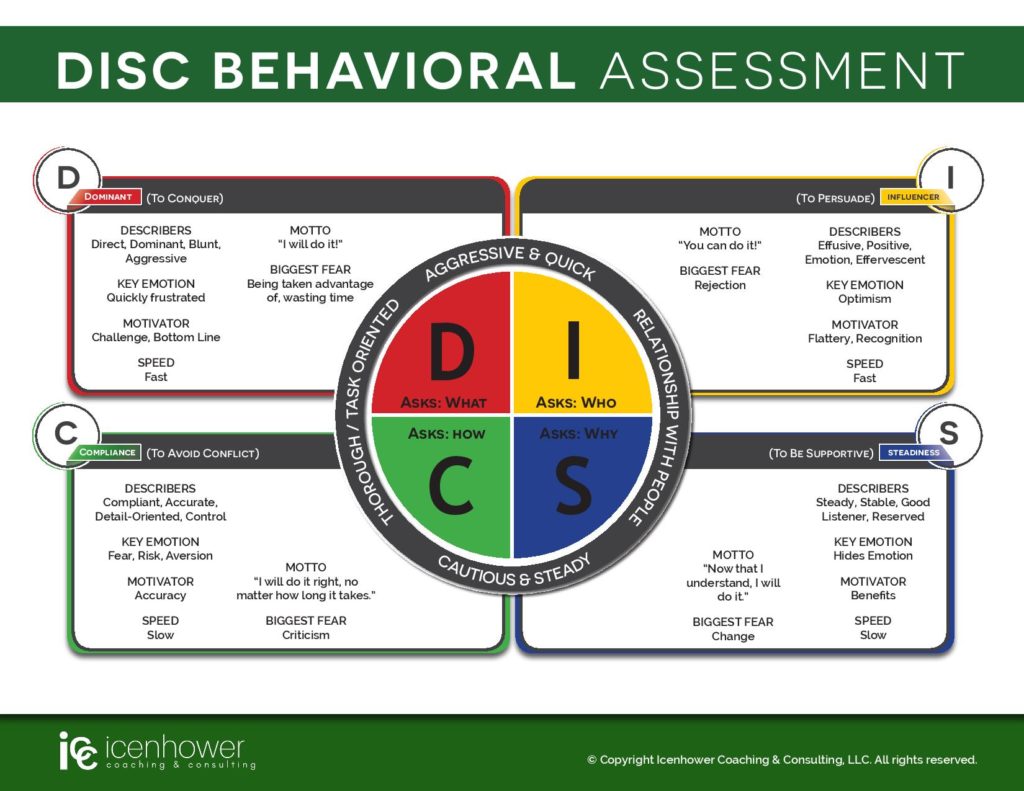

Today we are going to talk about real estate negotiation training. As you know, it’s a crazy time. It’s the harvest season right now for real estate agents. Business has been ramping up. Inventory is low. And, we are in the midst of a global pandemic. It’s a difficult time to communicate with people.
As we start our discussion, I want to note that this is not real estate negotiation training in the traditional sense. There are a lot of people we negotiate with as real estate agents. Not just the buyers and sellers. We negotiate with everyone from clients, to appraisers, to escrow officers, title officers, and lenders.
With everyone so busy and so stressed out right now, it can get really tense, and quickly. This can create a lot of animosity between human beings. Top agents are good at navigating around this animosity and not getting stuck in the middle of it. The key to winning a negotiation is to find a way to navigate through stressful situations. This happens through communication at a high level with all kinds of different people.
Knowing how to communicate with different types of people is the underlying “jedi level” skill that makes some Realtors better negotiators than others. Because different types of people communicate in different ways, we need to understand the best ways to negotiate with a variety of behavioral profiles. Now more than ever, it’s important to understand this concept. We can look to the DISC behavioral assessment to provide some of this insight for us. You can take the DISC test today by clicking on the button below.
In a nutshell, we use the DISC to help us identify behavioral profiles to aid us in negotiations. Below is a quick summary of some key points that differentiate the D, I, S, and C behavioral profiles.
People with D behaviors are dominant, direct, not super social, and they don’t want small talk. Their biggest fear is having their time wasted. What does that mean when it comes to negotiation with a client or colleague that has a D behavioral profile? They want to get to the point. Do not attempt long conversations or chit chat. They are guarded on their time and don’t want to feel like you are wasting their time. Don’t just “pop in” on these people to ask a quick question. It will derail them and they will see you as an obstacle to getting their work done.
I behaviors move fast, too, but they are highly social. They love small talk. Their biggest fear is to be rejected. If you are negotiating with a client or colleague that is a high I, you will want to be conversational and social with them. If you don’t, they will feel sad, as if you do not like them.
When it comes to S behaviors, you will find these people to be stable, steady, and reserved. When they speak, you won’t hear a lot of voice fluctuation. They sound calm and they are not easily excitable. S behaviors listen more than they talk, and they have a filter on. They always act the most professional. This is the most common behavioral profile because this is the way society trains us to act in public. The biggest fear for S behaviors is change.
You will notice that C behaviors speak slowly, as they are focused on being correct and accurate. These people love data and research. When you are meeting up with a client or colleague that is a C behavior, you better bring supportive data and research. If you’re too quick with a C, they will feel rushed and unsure about moving forward. A C’s biggest fear is criticism, which is why they strive for accuracy at all times.

If you have ever wondered, “Why am I not getting listings after going through my listing presentations?”, this could be the reason why. You might be doing all of your listing presentations in the same way. This does not work! You must alter the way you do listing presentations to cater to your audience’s behavioral profile.
Because you won’t have the opportunity to ask everyone you come in contact with to take the DISC test, you need to know how to discern the best way to communicate with them. You must to learn how to diagnose it yourself. Our DISC course is excellent for real estate negotiation training because it helps you learn more about how to identify these different profiles. Not only that, but we’ll help you learn how to communicate best with each type of person.
